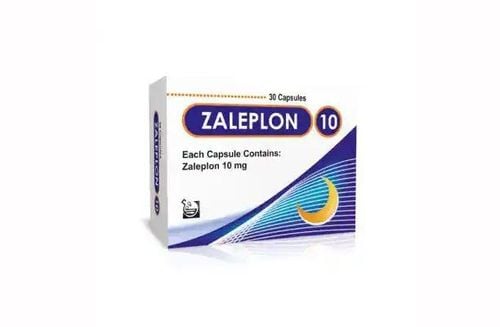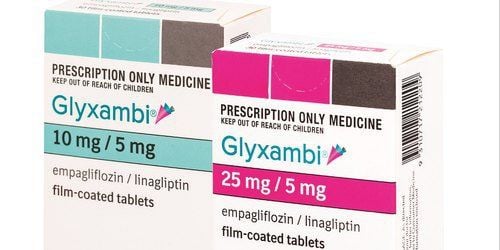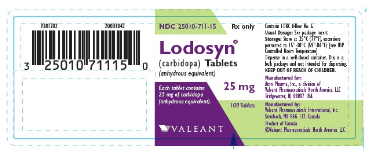This is an automatically translated article.
Dementia is not a disease, but a syndrome with symptoms similar to some brain diseases. There are different types of dementia, and treatment will also depend on the type a person has.
1. Alzheimer's disease
Experts think that about 60-80% of people with dementia are due to this disease.
People with Alzheimer's disease will have dementia-like symptoms. Symptoms are usually mild at first but gradually get worse over several years. Your friend or loved one who has the disease may:
Confused when asked about events from the past, or related to the day/month/year; Trouble speaking or writing; Lost objects and can't go back to find them; Difficulty making judgments and opinions; Mood and personality changes.
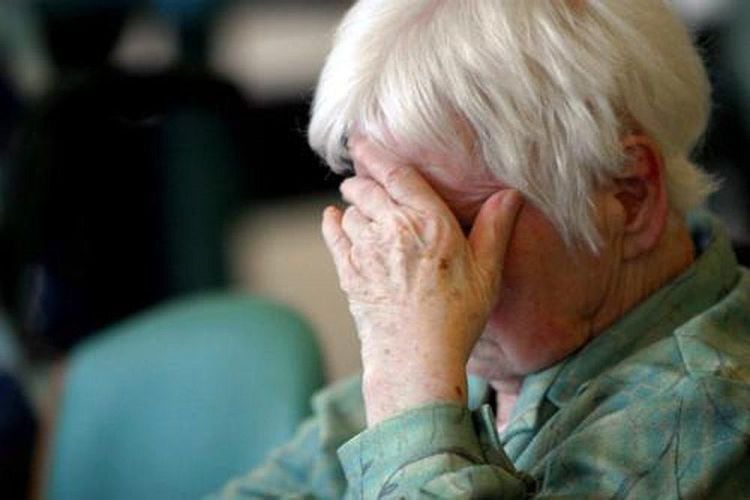
2. Vascular dementia
Vascular dementia is damage to the blood vessels in the brain, causing cognitive impairment. This condition can be caused by a single major stroke or multiple "silent" strokes that occur over time without the person being aware of it.
Symptoms will depend on the part of your brain affected by the stroke. While Alzheimer's disease often begins with memory problems, vascular dementia begins with poor judgment or trouble planning, organizing, and making decisions.
Other symptoms may include:
Memory problems that disrupt daily life; Difficulty speaking or understanding speech; Failure to recognize familiar places and sounds; Easily confused or agitated; Changes in personality and mood; Difficulty walking and frequent falls;
Trắc nghiệm xem trí nhớ của bạn tốt đến đâu
Trí nhớ của con người luôn là một đề tài thú vị và nhận được sự quan tâm của nhiều người. Liệu trí nhớ có bị mai một hay thay đổi theo thời gian hay không. Để xem trí nhớ của bạn tốt đến đâu, hãy cùng trả lời 14 câu trắc nghiệm dưới đây.
Bài dịch từ: webmd.com
3. Lewy body dementia (DLB)
Lewy bodies are microscopic clumps of protein that form in the brains of some people. Lewy is the name of the scientist who discovered the abnormal substance growing inside these nerve cells.
Symptoms include:
Problems thinking, making decisions or having trouble concentrating; Memory is no longer sharp; Occasional visual hallucinations; Unusual drowsiness during the day; Sometimes it's dumbfounded or staring into space; Impaired movements, tremors, slowness and difficulty walking; Poor control of physical actions, such as talking, walking, and kicking legs.
4. Parkinson's disease
People with a nervous system disorder caused by Parkinson's disease can experience dementia for about 50-80% of their lives. On average, symptoms of dementia develop about 10 years after the first onset of symptoms of Parkinson's disease. This type of dementia is very similar to DLB, in terms of both symptoms and signs of Lewy bodies in the brain.

5. Mixed dementia
This is a combination of two types of dementia, the most common being between Alzheimer's disease and vascular dementia.
6. Frontotemporal dementia (FTD)
The cause of frontotemporal dementia is damage to cells in the frontotemporal lobes - the area of the brain that controls planning, judgment, emotions, speech, and movement.
People with FTD may face symptoms such as:
Changes in personality and behavior; Sudden lack of control in personal and social situations; Having trouble choosing the right words when speaking; Difficulty moving, such as tremors, loss of balance, and involuntary muscle spasms (similar to cramps).
7. Huntington's disease (chorea)
This is a brain disorder caused by genetic defects in family members. A person can carry the gene that causes Huntington's disease at birth, but symptoms usually don't appear until their 30s to 50s.
People with Huntington's disease have some of the same symptoms as other forms of dementia, including problems with:
Thinking and reasoning; Memory; Decision; Planning and organizing; Concentration.
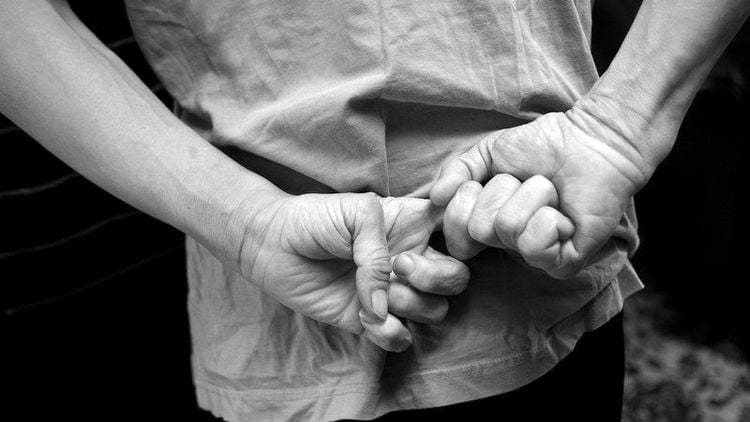
8. Creutzfeldt-Jakob disease (mad cow / cerebral palsy)
This is a rare condition in which toxic proteins cause normal proteins in the brain to begin to fold into abnormal shapes. This process results in memory loss that comes on suddenly and rapidly, becoming more and more severe.
Possible symptoms include:
Problems with memory and concentration; Poor judgment ability; Frequent confusion; Rapid mood swings; Sadness, sadness; Sleep disorders ; muscle twitching or squeezing; Hard to go.
9. Normal pressure ventricular dilatation
This type of memory loss is caused by a buildup of fluid in the brain. Symptoms include difficulty walking, thinking and concentrating, as well as changes in personality and behavior. Some symptoms can be treated by drawing excess fluid from the brain into the abdomen through a long, thin tube, called a shunt.
10. Alcoholic Korsakoff Syndrome
This disorder is caused by a severe deficiency of thiamine (vitamin B1) in the body, which often occurs in long-term alcoholics. The most common dementia symptom of this condition is problems with memory. Usually, the patient's thinking and problem-solving skills will not be affected.
In general, dementia in the elderly will get worse over time and sometimes become chronic, affecting the patient's thinking, behavior and memory. However, some medications can slow the progression of dementia and help relieve symptoms, such as behavioral changes. There are a few cases where people diagnosed with dementia are also associated with certain brain diseases that require further monitoring.
Please dial HOTLINE for more information or register for an appointment HERE. Download MyVinmec app to make appointments faster and to manage your bookings easily.
Article referenced source: Webmd.com
MORE:
What do you know about transient complete amnesia? Neurological disorders: Public health challenges Memory loss during pregnancy and postpartum




